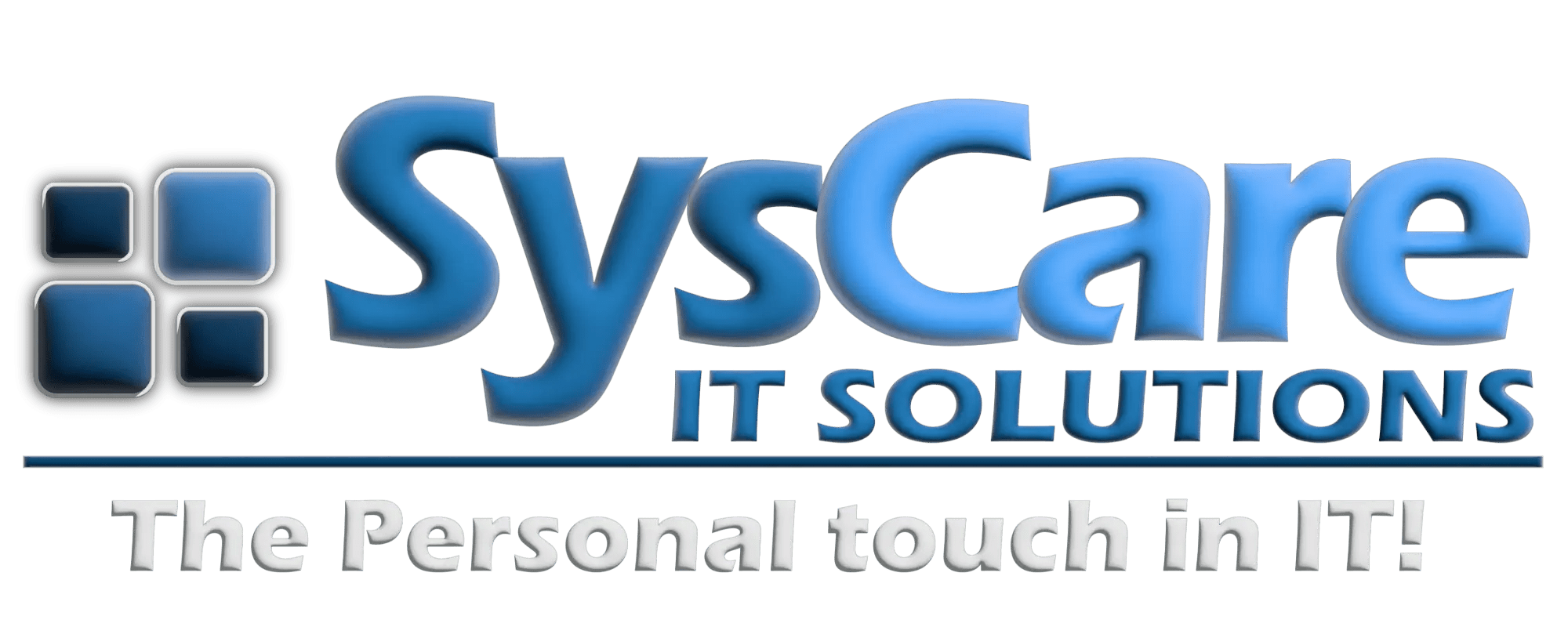In today’s hyper-connected world, your digital footprint is more exposed than ever — and that means cybersecurity isn’t just a buzzword; it’s a necessity. That’s where the ethical hacker comes in — someone who works behind the scenes to make sure your personal and professional data stays safe.
Unlike malicious hackers who exploit vulnerabilities, an ethical hacker uses the same tactics — but for good. Their mission? To think like a cybercriminal, find the weak spots in your systems, and fix them before anyone else can get in. It’s like having a digital bodyguard who’s always one step ahead of the threat.
You might not see the work they do, but every time you log in, make a payment, or share a file online, chances are an ethical hacker has played a part in making that interaction safer. From running penetration tests to scanning for bugs, their tools and strategies are designed to protect you.
So, the next time you hear about another cyberattack or data breach in the news, remember: while the threat is real, so are the people fighting to keep you secure. And at the forefront of that defence is the ethical hacker — your silent guardian in the digital world.
When it comes to protecting your data in today’s digital age, one of your greatest allies is the ethical hacker. Also known as a white hat hacker, this cybersecurity professional uses their technical expertise not to break into systems maliciously—but to help you secure them.
What sets an ethical hacker apart is their mindset. They think like cybercriminals so they can stay one step ahead. By anticipating attack vectors and identifying weaknesses in your systems before anyone else can exploit them, they make sure your digital environment is fortified against threats.
One of the most important things an ethical hacker does for you is penetration testing—or pen testing. This is where they simulate real-world cyberattacks to uncover hidden vulnerabilities in your network or application. You get a clear view of what’s at risk, along with expert recommendations to fix it. It’s like having a digital stress test done, ensuring your security measures can stand up to real threats.
But the role of an ethical hacker doesn’t stop there. If a cyberattack does happen, they’re right there with you—investigating what went wrong, neutralizing the threat, and helping you recover quickly. Their deep understanding of how hackers operate gives them the edge to respond fast and protect their most critical assets.
In short, having an ethical hacker in your corner is one of the smartest moves you can make. Whether you’re running a business or just trying to keep your personal data safe, their skills are essential in today’s fast-evolving threat landscape.

To stay ahead of cybercriminals and help secure your systems, an ethical hacker uses a variety of proven techniques. Here are some of the most common methods they rely on:
Identifying vulnerabilities is one of the most important tasks an ethical hacker performs. Here’s a step-by-step breakdown of how they do it:

Aspect | Ethical Hacker (White Hat) | Malicious Hacker (Black Hat) |
Intent | To protect and improve cybersecurity | To exploit systems for personal or financial gain |
Permission | Operates with the organisation’s explicit permission | Operates without consent |
Legality | Fully legal and follows industry regulations | Illegal and criminal behaviour |
Ethics | Adheres to ethical standards and professional codes | Violates ethical norms and laws |
Approach | Responsible disclosure of vulnerabilities | Exploits vulnerabilities for harmful purposes |
Tools Used | Same tools as black hats, but used ethically (e.g., Nmap, Metasploit) | Same tools, but used with malicious intent |
End Goal | Improve security and prevent attacks | Cause disruption, steal data, or extort money |
Visibility | Transparent in actions; often works with internal teams | Operates in secrecy; uses fake identities or pseudonyms |
Impact on Organisation | Positive – strengthens defences and builds trust | Negative – can lead to data breaches, financial loss, and damage |
Reporting | Provides detailed reports and suggestions for fixing vulnerabilities | Sells exploits or keeps them for personal use |
If you want to become an ethical hacker, it’s not just about knowing how to “hack.” You need the right mix of skills, certifications, and a strong ethical mindset. Here’s a clear guide to help you get started.

These industry-recognised certifications will boost your credibility and show employers you’re serious:
💡 Each certification usually includes theory, practical exams, and real-world problem-solving tasks.
To be an effective ethical hacker, you should develop these core skills:
An ethical hacker isn’t just a technical expert — they’re also a problem solver, a critical thinker, and most importantly, someone who respects legal and ethical boundaries.

As technology keeps evolving, so do cyber threats. If you’re thinking about becoming an ethical hacker, it’s important to stay ahead of the curve. Let’s look at the biggest trends shaping the future of ethical hacking and cybersecurity.
AI is becoming a game-changer for both ethical hackers and cybercriminals.
More devices are getting connected — from smart homes to factory machines — and that means more security risks.
More devices are getting connected — from smart homes to factory machines — and that means more security risks.
📱 With more IoT devices everywhere, ethical hackers are now essential in protecting everything from your smart fridge to hospital equipment.
Since COVID-19, more companies rely on remote work and cloud services — and hackers are taking notice.
🔐 As an ethical hacker, you’ll be on the frontlines of protecting cloud data and remote work environments.
The future for an ethical hacker is full of opportunity — but also constant change. If you stay informed and keep learning, you’ll be in a strong position to protect people, businesses, and critical systems from the next wave of cyber threats.
In today’s cyber-threatened world, ethical hackers play a vital role in keeping our digital spaces safe. With their skills and strong ethical values, they identify weaknesses, prevent attacks, and protect sensitive data.
As technology evolves, their role becomes even more important. By staying ahead of trends and threats, ethical hackers help build a safer, more secure digital future for everyone.
💡 Ethical hacking isn’t just a job — it’s a mission to protect the digital world.
SysCare Sri Lanka
Typically replies within minutes
Any questions related to Trainings or Services?
WhatsApp Us
🟢 Online | Privacy policy
WhatsApp us


